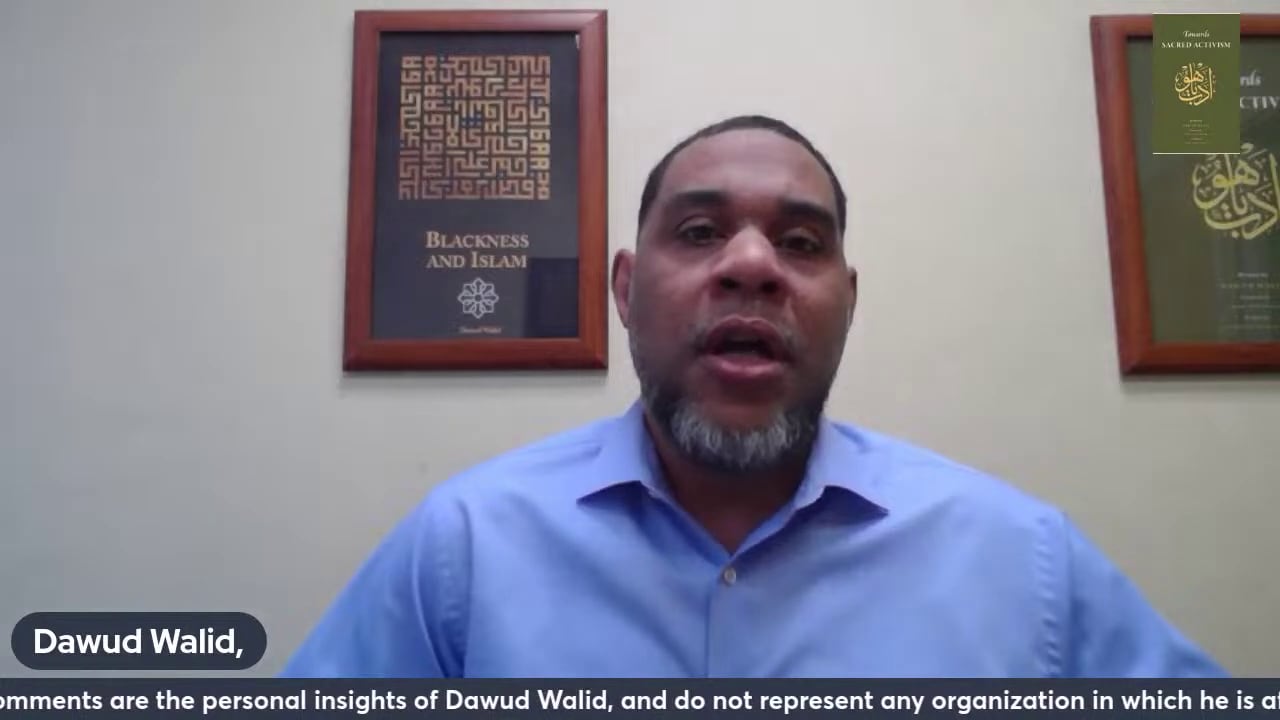
German Egyptian scholar Hamed Abdel-Samad dedicated an episode of his Box of Islam show to slavery in Islam. Abdel-Samad said that 29 verses in the Quran endorse slavery and that "the Arabs enslaved the Africans more than any other nation did." He added that while Abraham Lincoln led an army of white men to fight other white men in order to liberate slaves, but no similar initiative was taken by Muslims. The show aired on May 27.
The following are excerpts:
Egyptian-German Scholar Hamed Abdel-Samad: We say that [Islam] is the final religion sent to Mankind, so it should have established moral foundations for all eternity. Islam taught us how to enter the bathroom, taught us what to eat and what not to eat, and prohibited the [worshipping] of idols and [divinations by] arrows. Islam also prohibited the consumption of alcohol – but did so in stages. So why didn't the Quran prohibit slavery in stages? The opposite is true. There are 29 verses in the Quran that endorse slavery. There are verses that talk about this: "And those who abstain from sex, except with their wives or those their right hands possess, for indeed they will not be blamed." The Quran did not pave the way for the liberation of slaves or even mention it. It did not even condemn the enslavement of human beings.
[…]
When Muhammad died, he owned four slaves girls and some 13 slaves, all of whom were bequeathed to his family. Uthman ibn Affan had approximately 1,000 slaves and slave girls. I don't need to tell you how many times you enslaved people later on.
[…]
The Arabs enslaved the Africans more than any other nation did – much more than the Americans, the British, and the French.
[…]
When have we ever apologized for the enslavement of millions of people? I am not talking about Africa alone. Our "blessings" have reached the entire world. The moment we entered North Africa, we started enslaving people. Three hundred thousand "fresh" Amazighs [were enslaved] right away, in the first campaign of Musa bin Nusayr. When we entered Al-Andalus, 150,000 were immediately [enslaved], and Musa bin Nusayr sent 60,000 Amazighs to the Caliph in Damascus, as a tax of one-fifth of his booty. When they conquered Al-Andalus, they brought back 30,000 virgins from the Goth nobles. Just imagine what would happen if people entered your Islamic country, and took 30,000 virgins to turn them into concubines in Europe… You would have screamed at the top of your lungs. But when you do the same thing, it is a victory granted by Allah – as if Allah has granted you permission to do that. Do you see the schizophrenia?
[…]
Abraham Lincoln led an army of white men against another army of white men in the American south, in order to free the slaves. Would it not have been more appropriate for the "best of Mankind" to have taken this initiative? Would it not have been more appropriate if the Islamic world, who came to deliver the people from darkness to light, had taken this initiative? But no. Moreover, we are the ones constantly reminding the Americans of what they did to the black people. Take a look at your own history!
[…]
Nobody enslaved the human race as much as we did. Nobody raped human beings as much as we did – and with the backing of the law of Allah, no less.
[…]
The Arab states did not begin to abolish the slave trade until the advent of colonialism. One of the positive aspects of colonialism was the ban on the slave trade. When Britain took control over Egypt and India, it put an end to the slave trade. Nevertheless, the slave trade in Arab countries continued until the end of the 20th century.
[…]












